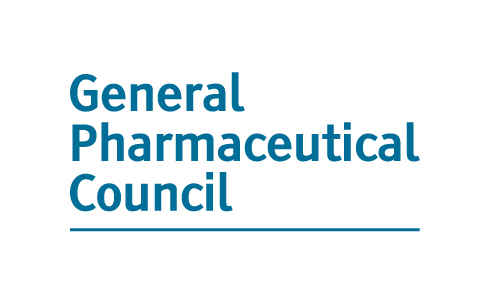GPhC: Pharmacists need ‘clear routes’ of referral for gender dysphoria patients
)
Support services should provide pharmacists with “clear routes” of referral for “support and care” for children or young people with gender incongruence or dysphoria, General Pharmaceutical Council (GPhC) chief executive Duncan Rudkin said (March 21).
Rudkin’s comment came in response to NHS England’s (NHSE) publication of its clinical policy on puberty suppressing hormones (PSHs) earlier this month (March 12), which announced that “children and young people” with gender incongruence or dysphoria may not receive PSHs as a “routine commissioning treatment option”.
Read more: Every pharmacist has a role to play in supporting trans people
He warned that young people with gender incongruence or dysphoria may face “additional risks” if they resort to using “unregulated products” accessed online or “through private clinics outside of the UK”.
Rudkin said that some pharmacies had seen scripts for PSHs issued by “prescribers working for private clinics based in Great Britain or overseas”.
Pharmacies must take “active steps” to ensure compliance “with relevant UK and national regulatory and professional guidance”, he added.
“Significant negative impact”
Rudkin also noted that people with gender incongruence or dysphoria face “lengthy periods” of waiting for assessment or treatment and that this can have a “significant negative impact” on their mental health.
Pharmacists should be able to identify vulnerable or at-risk “children, young people and families” and signpost them to “appropriate support services”, he said.
However, a GPhC spokesperson said that the regulator did not name specific support services as these will vary depending on what is available in any particular area and the needs and age of the person involved.
“Not enough evidence”
NHSE reviewed data presented by the National Institute for Health and Care Excellence (NICE) and concluded that there is “not enough evidence to support the safety or clinical effectiveness” of PSHs.
Nevertheless, the clinical policy noted that gender incongruence or dysphoria may become “more distressing in adolescence”.
It said that studies have found that gender identity development services see young patients with “a range of associated difficulties”, which can include depression, self-harm and suicidality.
Read more: Passing the mic to transgender patients
The policy added that the “primary intervention” in such cases “focuses on psychosocial and psychological support”.
Treatment with “gender-affirming hormones of the desired sex” and “various types of gender-affirming surgery” may follow when the person reaches 18 years old, if they meet “additional criteria”, it said.
Read more: Pharmacy halts dispensing hormone scripts from transgender clinic
Rudkin said that pharmacists providing “pharmacy services to children and young people with gender incongruence or dysphoria” should offer “person-centred care, within the current relevant legal and regulatory context”.
He added that pharmacy professionals in England should be familiar with the new NHSE clinical policy and that those in Scotland or Wales should “continue to practise in line with relevant policies and guidance in their countries”.
When life is difficult, Samaritans are here – day or night, 365 days a year. You can call them for free on 116 123, email them at jo@samaritans.org, or visit www.samaritans.org to find your nearest branch.


)
)
)
)
)
)
)
)
)
)
)
)
)
)
)

.png/fit-in/500x500/filters:no_upscale())
)
)
)
)
)
)
)
)
)
)
)
)
)
)
)
)
)
)
)
.png/fit-in/1280x9999/filters:no_upscale())
)
)
)
)
)
)
)


